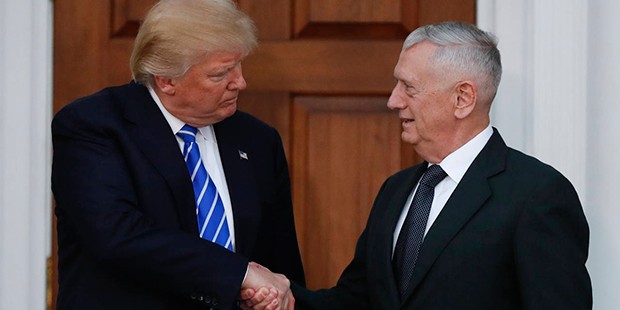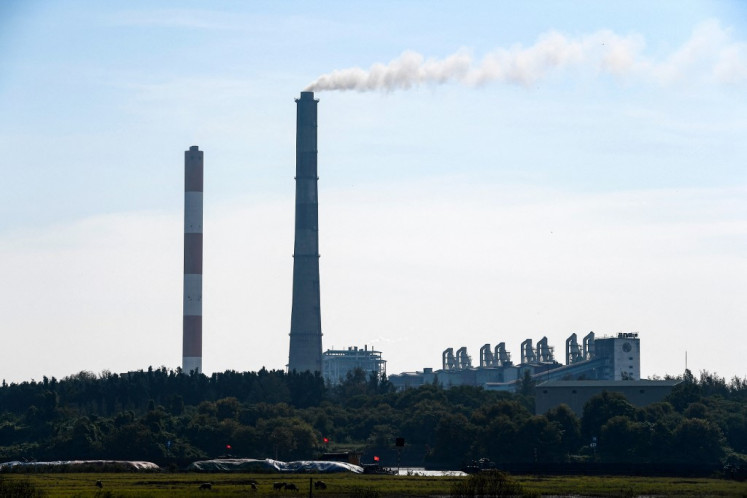Popular Reads
Top Results
Can't find what you're looking for?
View all search resultsPopular Reads
Top Results
Can't find what you're looking for?
View all search resultsSignals on US strategy in Asia
US Defence Secretary's visit will be closely watched for an indication of continuity of the US administration's strategy in Asia.
Change text size
Gift Premium Articles
to Anyone
S
outh Korea and Japan will be looking to hear reassurances from US President Donald Trump's Defence Secretary James Mattis when he visits on Feb 2-3, in his first official foreign trip.
President Trump's complaints during his campaign, that allies were not contributing enough in return for the US security umbrella, and subsequently his official withdrawal from the Trans-Pacific Partnership, have shaken Japan and South Korea, even as tensions rise in the region.
Military spending under Japanese Prime Minister Shinzo Abe has reached record levels as Japan faces an increasingly assertive China.
South Korea - now in the midst of a political scandal - still faces a volatile northern neighbour bent on enhancing its missile capabilities.
In the wider context, China's building up of islands in the South China Sea has been a steady irritant for rival claimants and a source of tension with the United States.
With President Trump in power, the tension could come to a head, coupled with a looming diplomatic showdown between the US and China over trade. Trump's apparent readiness to review the "one China" policy, presumably as a bargaining position, has not won him any points in Beijing.
Trump has also sent mixed signals. He questioned the alliances during his presidential campaign and, yet, in his inaugural speech, promised to "reinforce old alliances".
In his Senate confirmation hearings, Mattis spoke in favour of the United States' close alliances. His visit will be closely watched for an indication of continuity of the US administration's strategy in Asia. Anything less and the region could be heading into uncharted waters.
If the US were to disengage itself, conservatives in South Korea would be more emboldened to advocate nuclear weapons, and even Japan may decide to follow.
This article appeared on The Straits Times newspaper website, which is a member of Asia News Network and a media partner of The Jakarta Post









